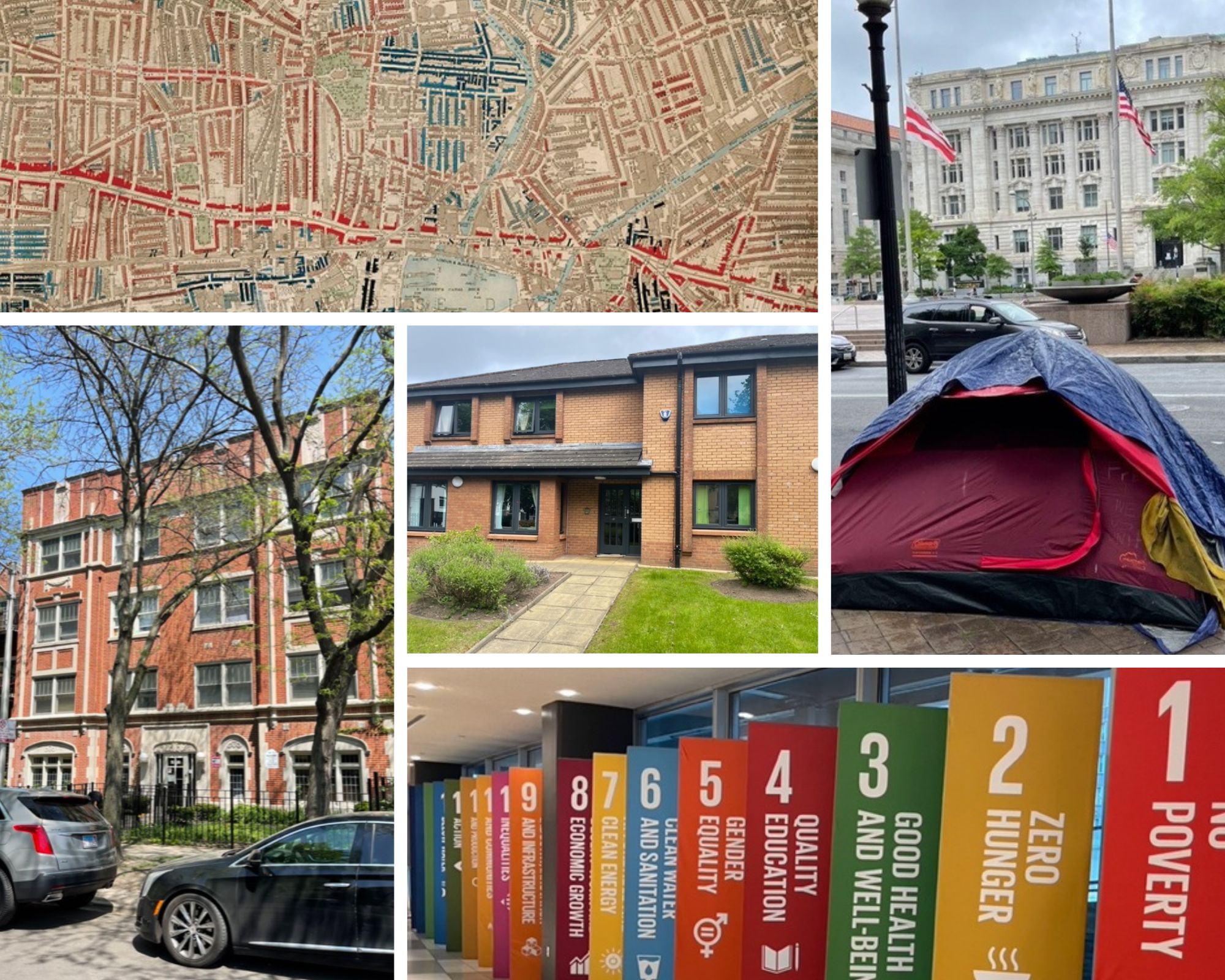Universities and researchers play a vital role in ending homelessness, but their significance is often overlooked and under-resourced. Their contributions are widely acknowledged and there is a strong desire among service providers, system change advocates and policymakers to see even greater collaboration and practical application of academic research.
To better support the implementation of strategies to prevent, reduce and end homelessness, universities in Australia should consider the following recommendations.
Recommendation 1: Evaluate strategies and systems more
Invest more time in evaluating and understanding homelessness strategies and less in evaluating Housing First programs within broken systems. Focus on improving systems, setting clearer strategies and using data to achieve impact.
Recommendation 2: Focus more on translation
Emphasise translating research findings into practical applications for end-users, ensuring that research is useful in practice.
Recommendation 3: Use the Advance to Zero Framework
Utilise the Advance to Zero Framework to guide research efforts and help with the iteration and improvement of the framework over time.
Recommendation 4: Establish a formal definition of ending homelessness
Australia lacks a commonly agreed definition of what ending homelessness looks like. The research community should resolve this, drawing on work from the Centre for Homelessness Impact and others.
Recommendation 5: Develop a research agenda
Work with the AAEH and WAAEH to create a national research agenda focused on understanding what works and translating that into real-time practice rather than retrospective program evaluations.
Recommendation 6: Establish an annual impact report
Create an annual ending homelessness report card, including an independent rating on the progress and efforts of each jurisdiction in Australia.
Recommendation 7: Establish Co-Labs
Collaborate with the AAEH and WAAEH to establish state-based Collaboration Laboratories (Co-Labs) to build capacity for advocacy, research and collaboration. Engage students in providing pro bono communications services to local homelessness efforts.
Recommendation 8: Increase prevention research
Focus on research that identifies interventions needed to prevent homelessness, particularly supporting AtoZ community efforts to stem the inflow of people onto by-name lists.
Recommendation 9: Research the history of homelessness
Support research to make the history of homelessness in Australia more accessible, helping stakeholders understand and communicate this history. Recognise that homelessness is a result of public policy choices and can be solved through policy changes.
Universities are uniquely positioned to contextualise the historical factors contributing to current homelessness challenges such as neoliberal economic policies and deinstitutionalisation. Understanding these factors is crucial for developing effective solutions.


